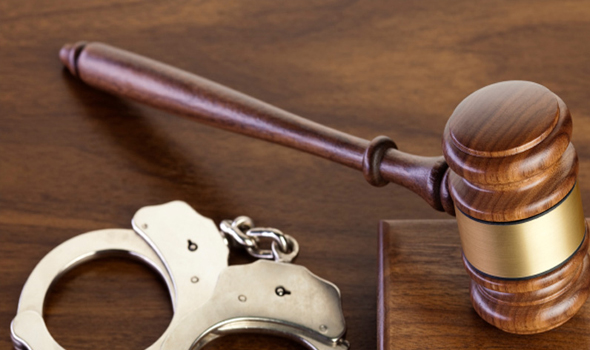I am studying in the third year of the State University of Economics and Technology.I specialize in contractual, economic and corporate law, in particular, I provide consultations and write articles.
In criminal proceedings, a preventive measure is a measure that is applied to suspected or accused persons in order to ensure the proper conduct of criminal proceedings. These measures are determined by the court in accordance with the law. These measures are prescribed on the basis of reasonable grounds determined by law and must protect the rights of suspected or accused persons, avoid abuse and ensure the effectiveness of criminal proceedings. The issue of changing the preventive measure is revealed through the possibility of the investigator, prosecutor or defense party, respectively, to appeal to the court or the investigating judge with a corresponding petition. Such a petition should describe the circumstances that arose after the election of a preventive measure or existed at the time of election, but the investigator and the prosecutor did not know and could not know about them.
General procedure for changing a preventive measure:
Appeal to the court or investigator: Usually the procedure for replacing a preventive measure begins with an appeal to the court (in the case when the proceedings are at the trial stage) or to the investigating judge (if the proceedings are at the pre-trial investigation stage).
Submission of a reasoned petition: An investigator or prosecutor may submit a reasoned petition to change the preventive measure. The petition usually contains arguments justifying the need to replace the event.
Consideration of the petition: After filing the petition, the court or investigator, the judge, reviews the case materials, as well as the arguments set forth in the petition and other submitted documents.
Decision of the court or investigating judge: Based on the materials reviewed, the issue of replacing the preventive measure is decided. The decision may be taken in the form of an appropriate determination in accordance with procedural rules.
It is important to note that each case is considered individually, and the decision to replace the preventive measure is made based on the circumstances of the particular case.
Analysis of the procedural features of replacing a preventive measure with a milder one:
A person against whom a preventive measure has been chosen, or his lawyer, may file a petition to replace the preventive measure with a more lenient one. The petition should set out all the circumstances justifying the need to replace the event and indicate the reasons for this. Along with the application, additional documents may be submitted, such as a doctor’s certificate, a person’s description, recommendations from the place of work, etc., which demonstrate a change in the circumstances or condition of the person under preventive measures. The court or investigative judge considers the submitted application and additional documents within 3 days, and also considers other materials of the case and must decide to replace the preventive measure with a more lenient one if circumstances are identified confirming the need for such a replacement, without unacceptable detention. In general, the procedure for replacing a preventive measure with a more lenient one is based on the individual circumstances of each case and requires an objective and thorough analysis of all available data.
Consultation with a criminal lawyer when changing the preventive measure:
A criminal lawyer is a very important and active participant in the process. It is the criminal law lawyer who will collect evidence of the existence of circumstances that will justify changing the preventive measure, conduct a legal analysis of the situation, prepare all the necessary procedural documents and protect the interests of his client. At the same time, a criminal lawyer will choose a defense strategy, file complaints against the actions of the investigator, prosecutor, and participate in procedural actions. So, since a criminal case is a rather complex process, the legal opinion of a lawyer in it is highly desirable.





























